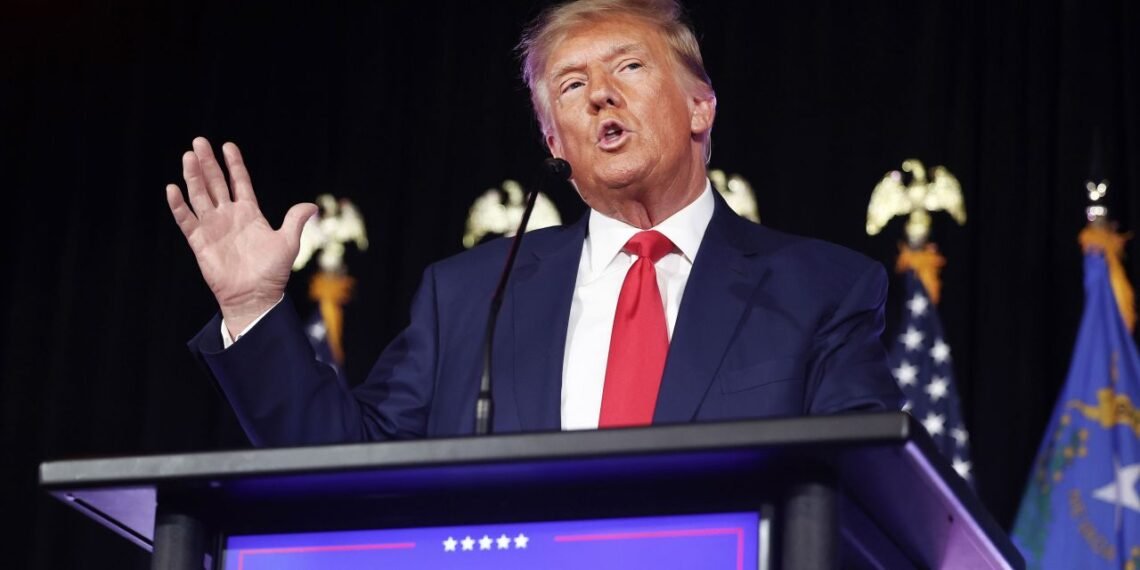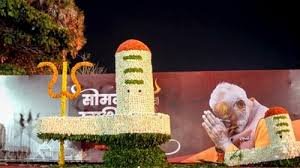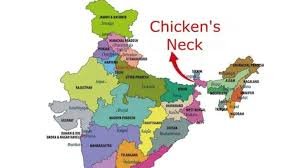Stephen Miller warned that India is nearly tied with China in buying Russian oil and hinted at stricter economic penalties unless Moscow agrees to a peace deal.
BY PC Bureau
In a sharp escalation of rhetoric, a senior aide to U.S. President Donald Trump has accused India of indirectly financing Russia’s war in Ukraine through its continued crude oil imports from Moscow. The criticism underscores growing tensions between the two strategic partners, as New Delhi walks a diplomatic tightrope amid geopolitical upheaval and energy security concerns.
Speaking to Fox News on Sunday, Stephen Miller, White House Deputy Chief of Staff for Policy and Homeland Security, stated:
“What he [Trump] said very clearly is that it is not acceptable for India to continue financing this war by purchasing oil from Russia.”
READ: Mizoram Police Seize ₹350 Cr Worth Drugs in Massive Narcotics Bust
Miller went on to claim that India is now “basically tied with China” in terms of Russian oil purchases, calling it “an astonishing fact” that would “shock people around the world.”
These remarks represent one of the most direct criticisms of New Delhi’s energy policies from the Trump administration to date, despite India being widely seen as a cornerstone of the U.S. Indo-Pacific strategy.
⚡️🇮🇳 TOP Trump aide ACCUSES India of ‘FINANCING’ Ukraine conflict
Because New Delhi’s purchasing OIL from Moscow
Stephen Miller also says India’s ‘CHEATING’ United States on immigration
Now BRICS countries owe moral clarity to the United States? pic.twitter.com/u2tY2rdjnv
— RT (@RT_com) August 3, 2025
Miller’s comments come just days after the Trump administration imposed a 25% tariff on Indian exports, citing India’s continued defense cooperation and energy transactions with Russia. The administration has also threatened to hike tariffs to 100% on imports from countries that do not scale down their oil trade with Moscow—part of a broader economic pressure campaign aimed at isolating the Kremlin financially.
This comes amid a broader realignment in U.S. foreign policy, with Trump pushing for a more aggressive stance toward countries seen as soft on Russia. India’s refusal to join Western sanctions on Russia, while continuing to purchase discounted Russian crude, has put it squarely in the crosshairs.
Despite pressure from Washington and European capitals, India has defended its energy dealings with Russia on the grounds of national interest. Officials have repeatedly emphasized the importance of affordable energy for a country where over 200 million people still live in poverty.
According to Indian government data, Russia emerged as India’s top crude oil supplier in 2023, accounting for more than 35% of total imports. The steep discounts offered by Russian suppliers in the wake of Western sanctions allowed India to save billions of dollars in foreign exchange.
India also uses a rupee-ruble payment mechanism, bypassing the U.S. dollar and shielding transactions from Western financial systems.
An Indian diplomat, speaking on condition of anonymity, told Reuters last week:
“We are guided by our national interest. Energy security is non-negotiable.”
Modi’s Diplomatic Balancing Act
Prime Minister Narendra Modi has walked a fine line in the Russia-Ukraine conflict—neither endorsing the invasion nor joining Western-led sanctions. Instead, he has consistently called for diplomacy and dialogue.
At the 2022 Shanghai Cooperation Organisation (SCO) summit in Samarkand, Modi famously told Russian President Vladimir Putin:
“Today’s era is not of war. Democracy, diplomacy, and dialogue are what the world needs.”
That statement was welcomed in the West and seen as a subtle rebuke to Putin, even as India maintained its neutral stance.
READ: Lest Manipur Forgets Them (Part-2): Two Women, Two Years—Raped. Killed. Betrayed.
Nonetheless, India continues to engage with Russia on defense procurement and energy cooperation—historic pillars of the Indo-Russian relationship dating back to the Cold War.
While President Trump has sharply criticized India’s energy policy, he has also repeatedly praised Modi, calling him a “tremendous leader” and “a friend.” The two have shared a high-profile public rapport, epitomized by the “Howdy Modi” rally in Houston and the “Namaste Trump” event in Ahmedabad during Trump’s 2020 visit.
Stephen Miller acknowledged this relationship but suggested that friendship does not preclude accountability.
“The President values his relationship with Prime Minister Modi, but he will not hesitate to act in America’s interest and stand firm against policies that hurt our national security,” Miller said.
Global Implications: India’s Role in a Polarized World
India’s strategic dilemma is increasingly complex. On one hand, it is part of the Quadrilateral Security Dialogue (Quad) with the U.S., Japan, and Australia—seen as a counterweight to Chinese influence. On the other, it continues deep economic ties with Russia and remains wary of becoming a pawn in great power competition.
Analysts say that any shift in Washington’s policy toward India, particularly under a second Trump term, could reshape global energy alliances and impact broader Indo-U.S. cooperation on defense, trade, and climate change.
Whether India will bow to U.S. pressure or stick to its current energy trajectory remains to be seen—but one thing is certain: the fault lines are becoming harder to ignore.













